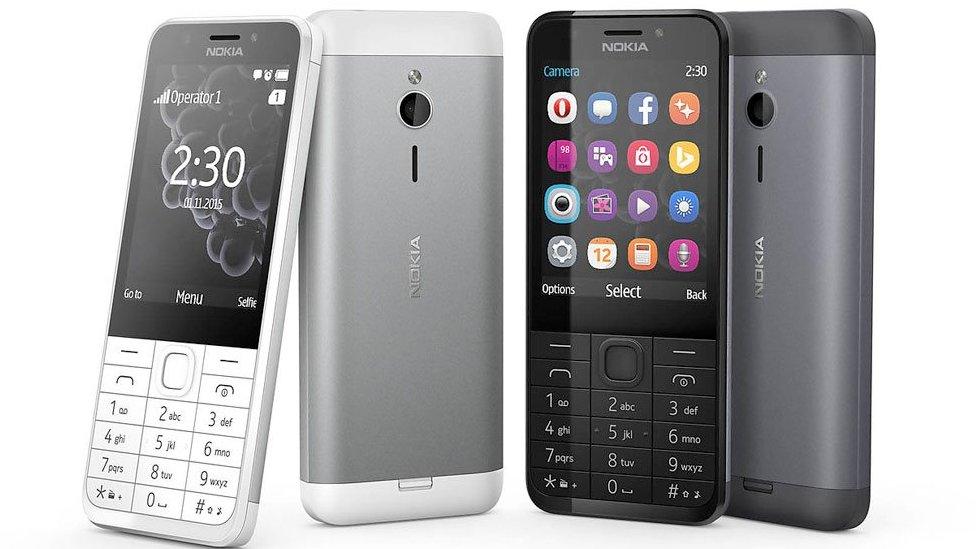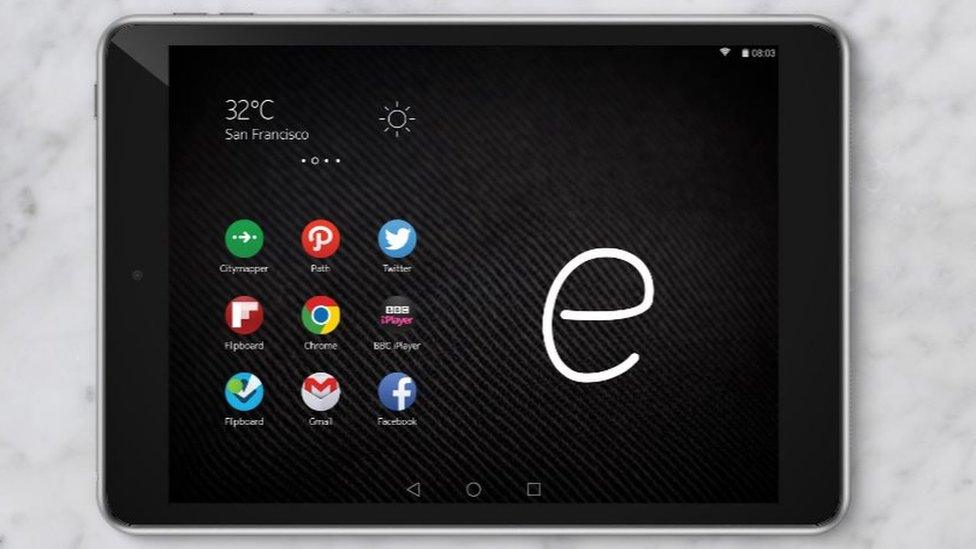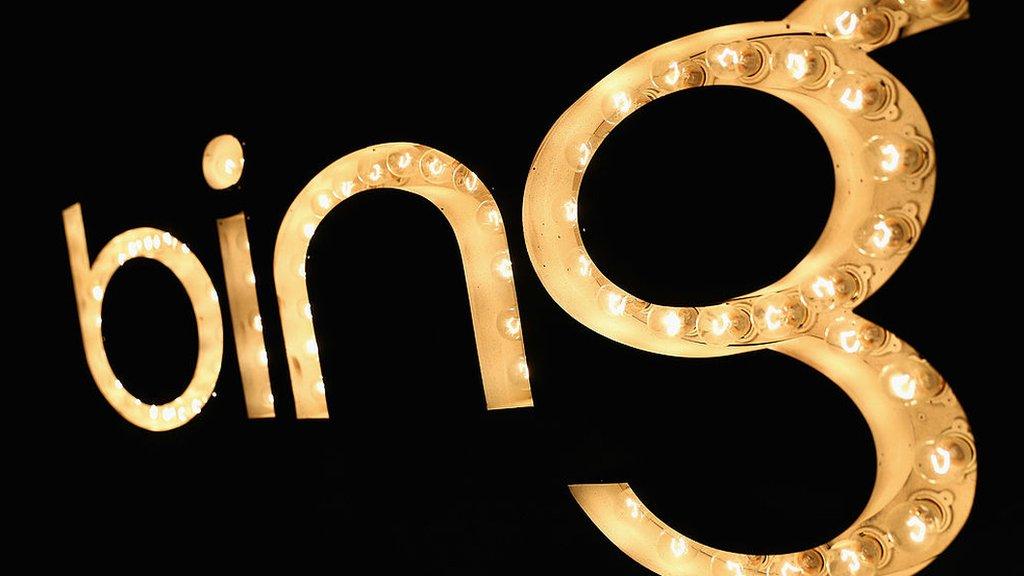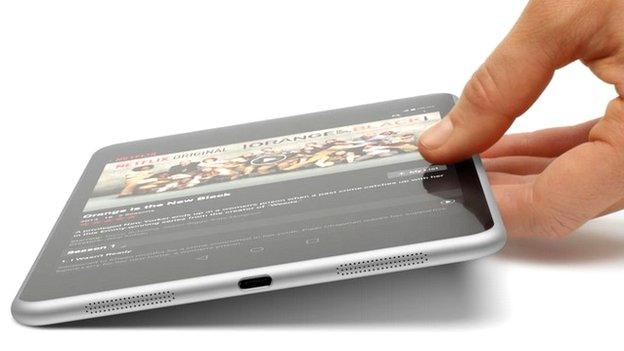Microsoft sells Nokia feature phones business
- Published

Microsoft's feature phones run a small number of apps but are less capable than smartphones
Microsoft is pulling out of the "feature" phones business.
But its Nokia-branded handsets - which are powered by the Series 30+ operating system, making them less powerful than its Lumia Windows phones - will continue to live on.
The division that makes them has been acquired by HMD Global, a new private equity-backed firm, and Foxconn subsidiary FIH Mobile.
Nokia said it had signed a 10-year deal for them to continue using its name.
"Feature phones were never a core part of Microsoft's strategic aim behind the purchase of Nokia's devices business," commented Ian Fogg from the IHS Technology research team.
"Following the Microsoft reorganisation last year, it was clear the feature phone business was an unwanted extra and Microsoft most likely took the first good offer to take the business off its hands.
"While the feature phone market is declining, shipments were still in excess of 400 million units in 2015. The Nokia brand is very strong in certain markets too and HMD will probably target these emerging markets."
Microsoft is being paid, external $350m (£240m) for the deal, which includes the Taiwanese firm Foxconn taking ownership of a feature phone factory in Hanoi.
About 4,500 workers will switch companies as part of the arrangement, with the deal due to be completed before the end of the year.
Calling Nokia
In a separate agreement,, external HMD has acquired the exclusive rights to use Nokia's name for a new range of smartphones and tablets.

Foxconn already makes a Nokia-branded tablet but had been unable to use the brand on phones
HMD is owned by Smart Connect, a private equity firm led by Jean-Francois Baril. The executive worked at Nokia for 13 years, serving as its chief procurement officer until 2012.
"Branding has become a critical differentiator in mobile phones, which is why our business model is centred on the unique asset of the Nokia brand and our extensive experience in sales and marketing," said HMD's chief executive Arto Nummela.

Analysis: Rory Cellan-Jones, Technology correspondent
Microsoft chief executive Steve Ballmer: "This is a big bold step forward"
For years to come students at business school will study the deal that saw Microsoft pay $7.2bn for the Nokia mobile phone business in 2014 - and not in a good way.
The deal was Steve Ballmer's last throw of the dice as Microsoft chief executive and on the day it was announced he told me it was a "big bold step… an important piece of the puzzle as Microsoft seeks to become this phenomenal device and services business".
But the following year, almost the entire cost of the deal had been written off and the Nokia brand had gone from the high-end Lumia phones.
Now the feature phone business - which had always made Nokia a household name in countries like India - has been sold too. At the same time, Finland's Nokia, still a big force in telecoms networks, has unveiled a plan to make it a force in phones again by licensing the brand to another Finnish firm started by former employees.
Although Microsoft has given up on becoming a "phenomenal" device business, half of Ballmer's strategy is beginning to work. Under Satya Nadella, it's finding that selling services is a more profitable path than making phones.

Nokia itself is currently focused on telecoms infrastructure equipment, smart health kit and high-end virtual reality cameras.
But the deal allows it to benefit from its mobile legacy without taking on much risk itself.
"These deals reunify the Nokia brand feature phones with the upcoming Nokia-brand smartphones," said Mr Fogg.
"That will make it easier for HMD to upsell consumers from feature phones to smartphones in countries where Nokia feature phones are still in usage."
- Published29 April 2016

- Published15 April 2016

- Published18 November 2014
